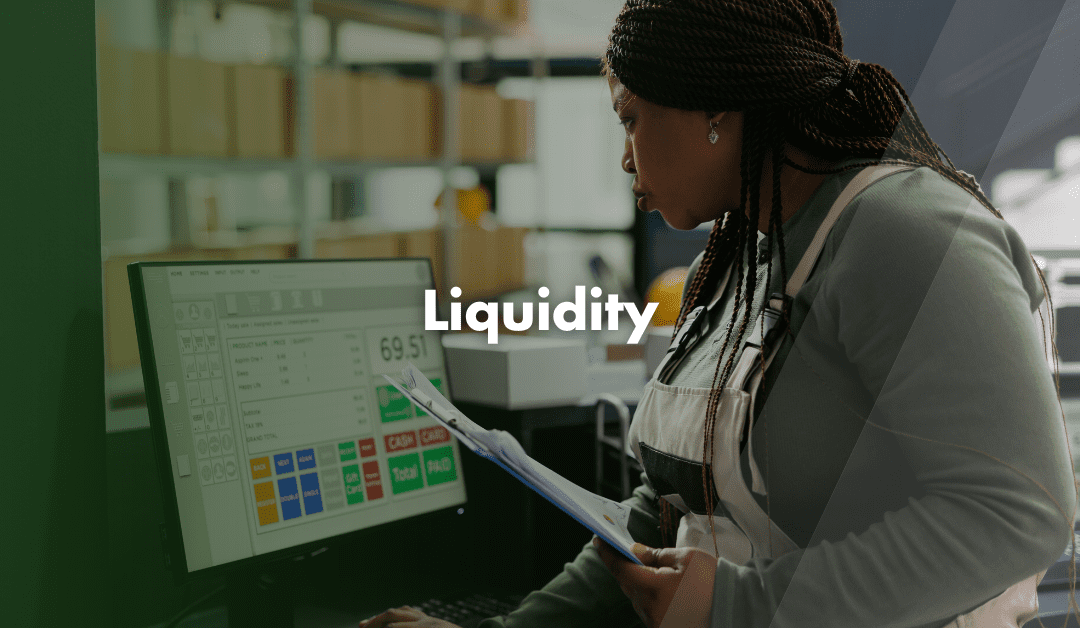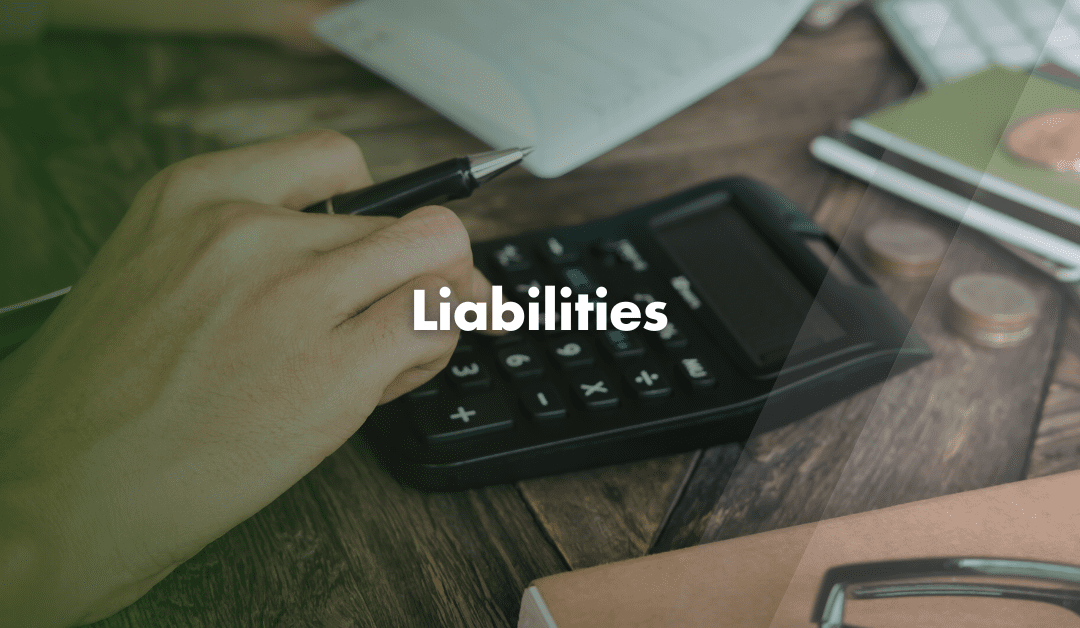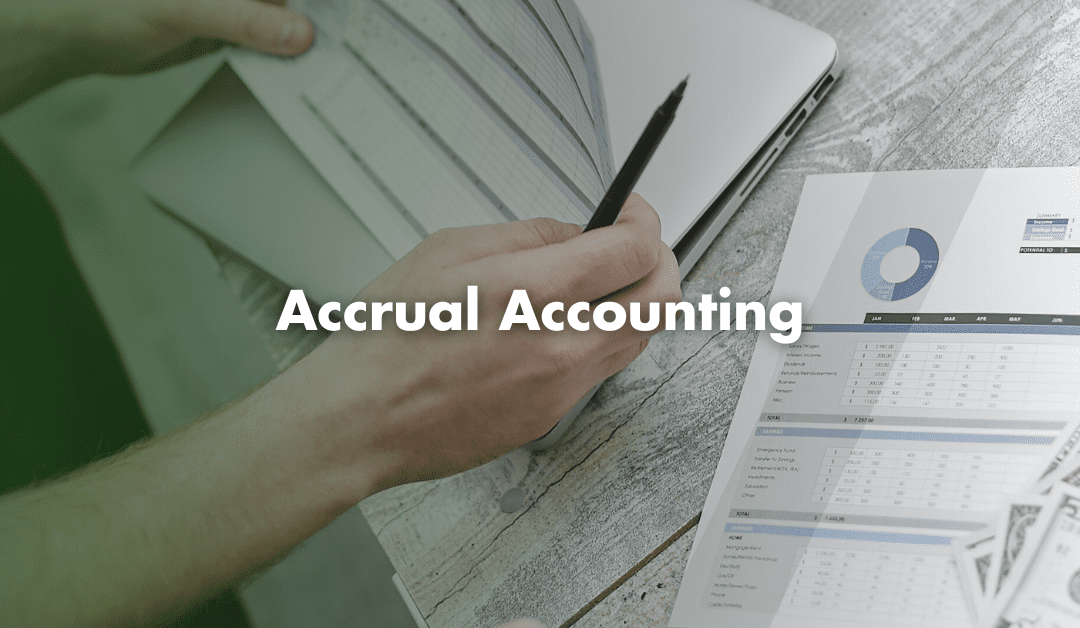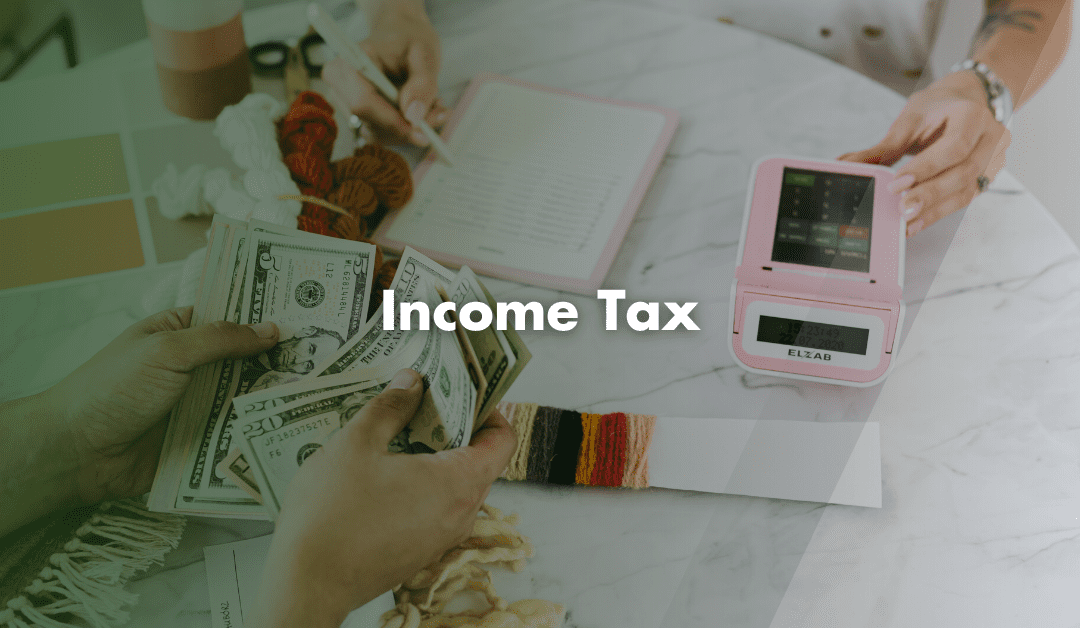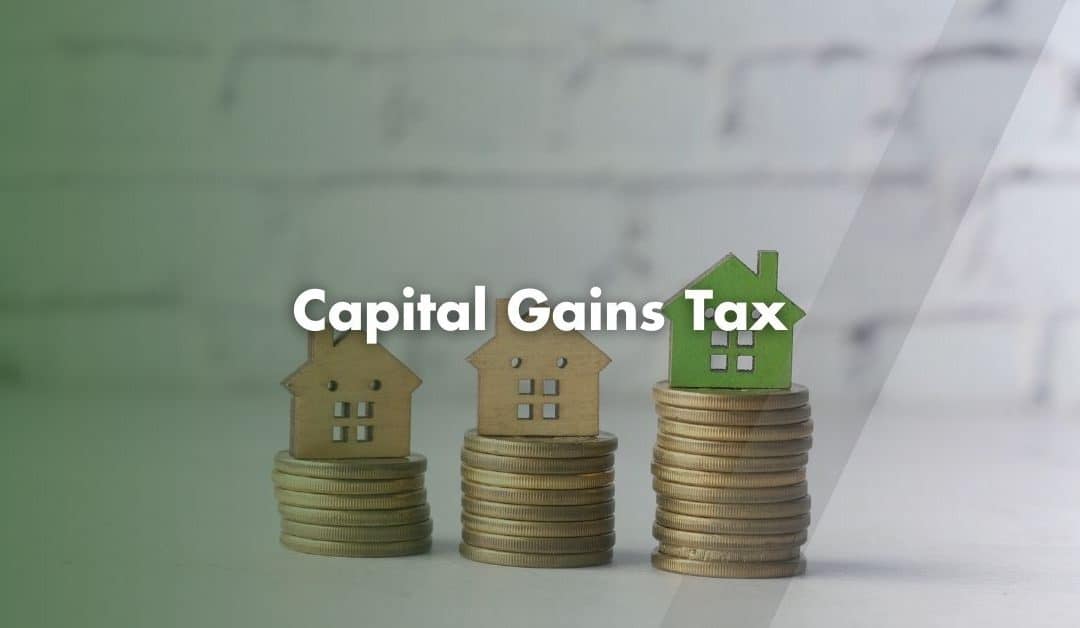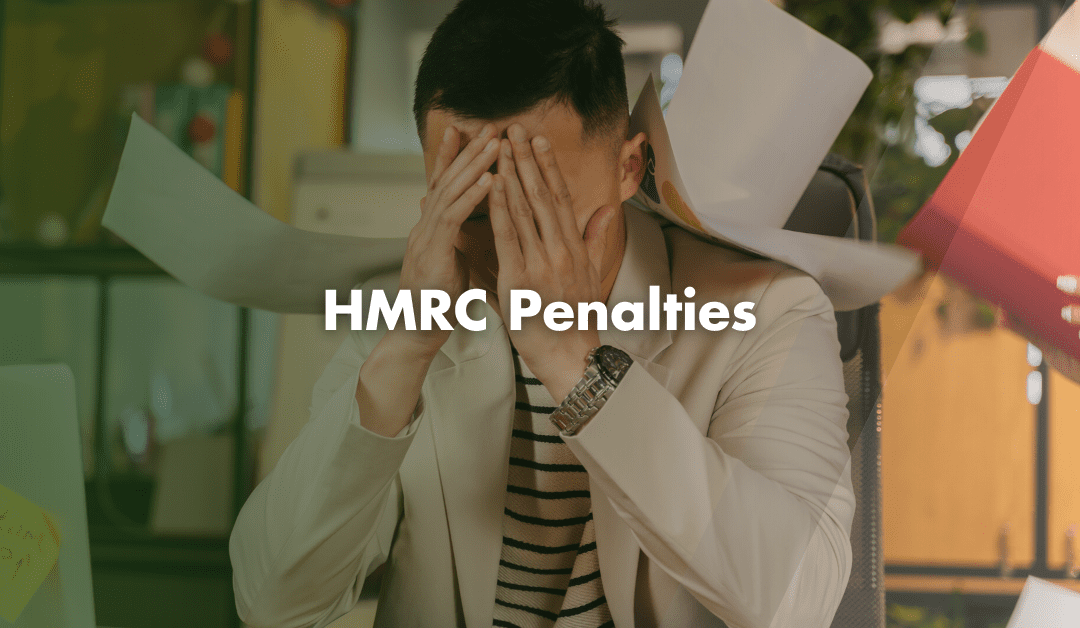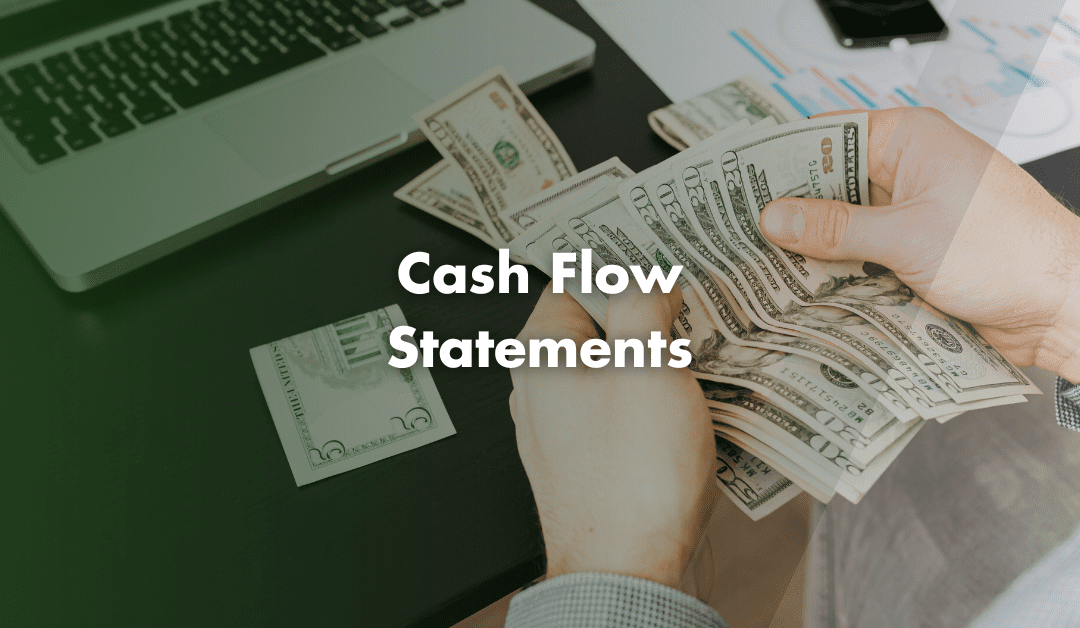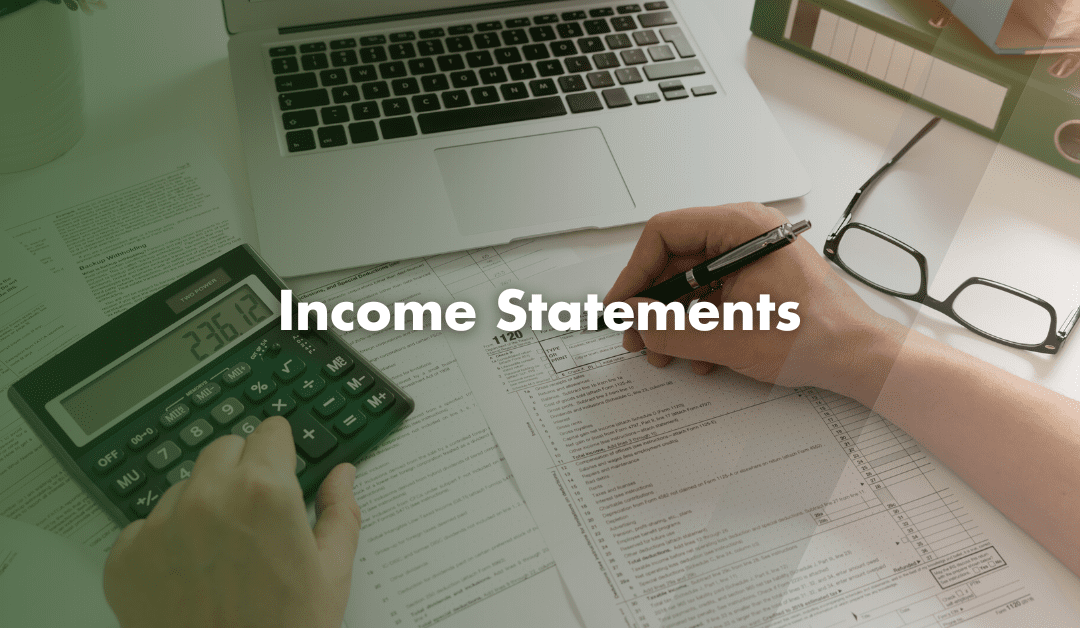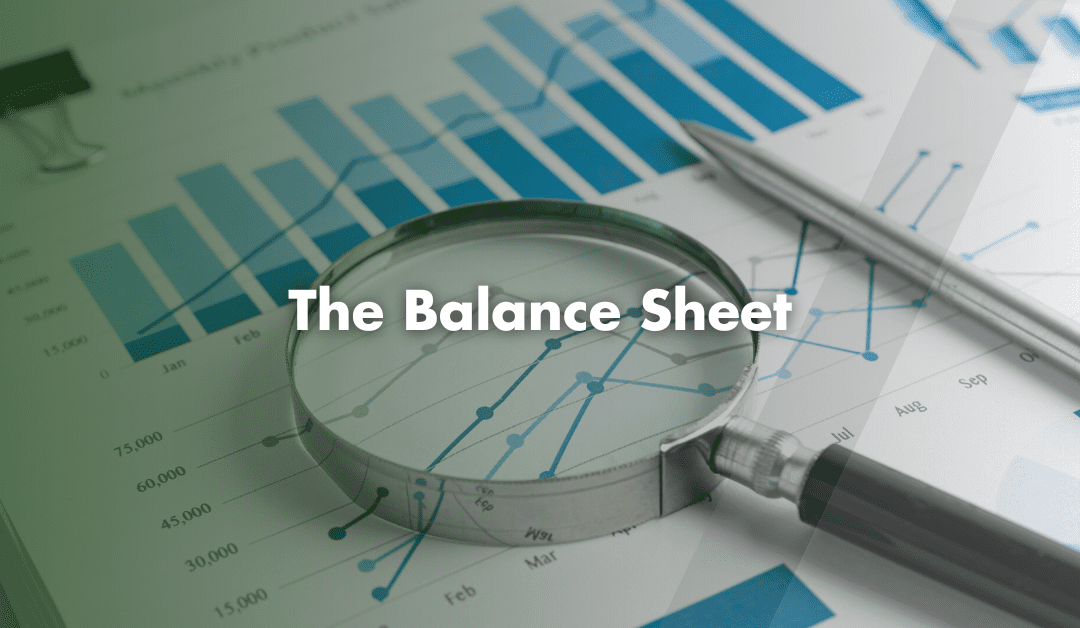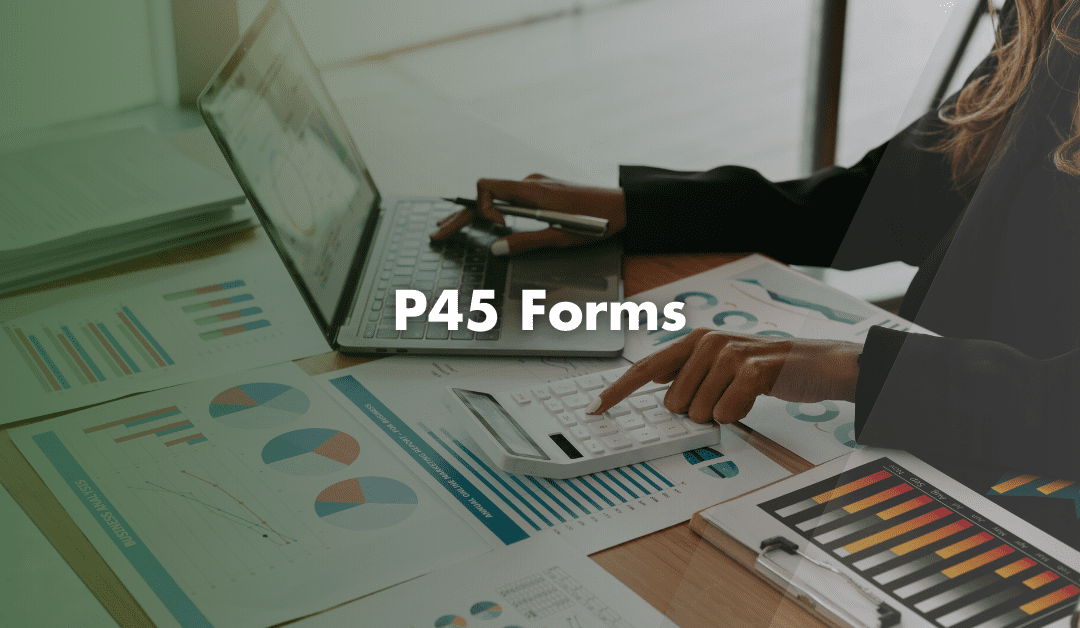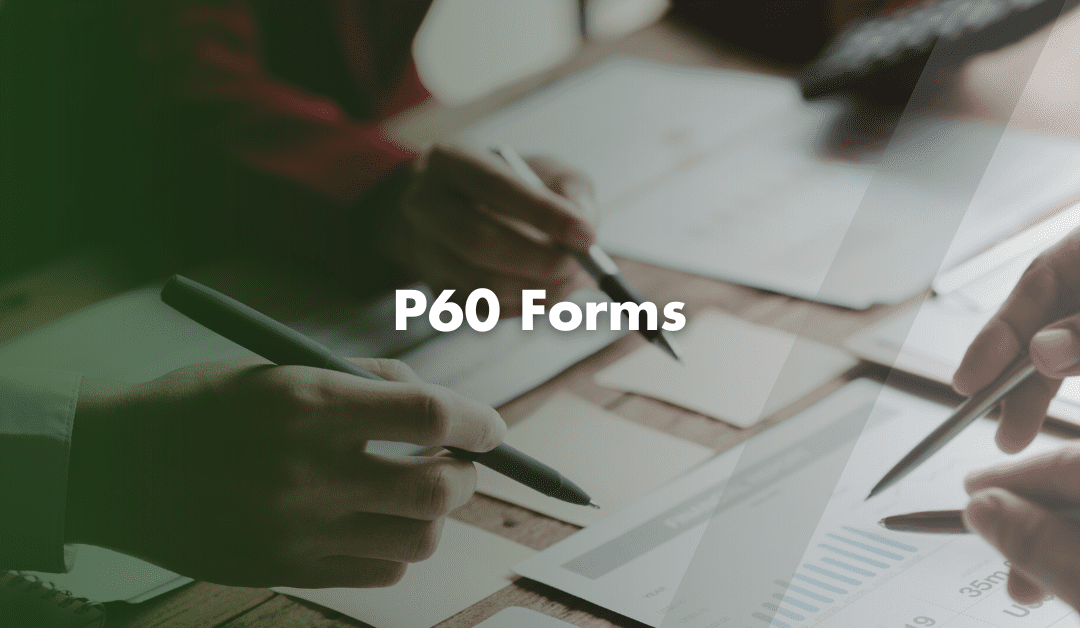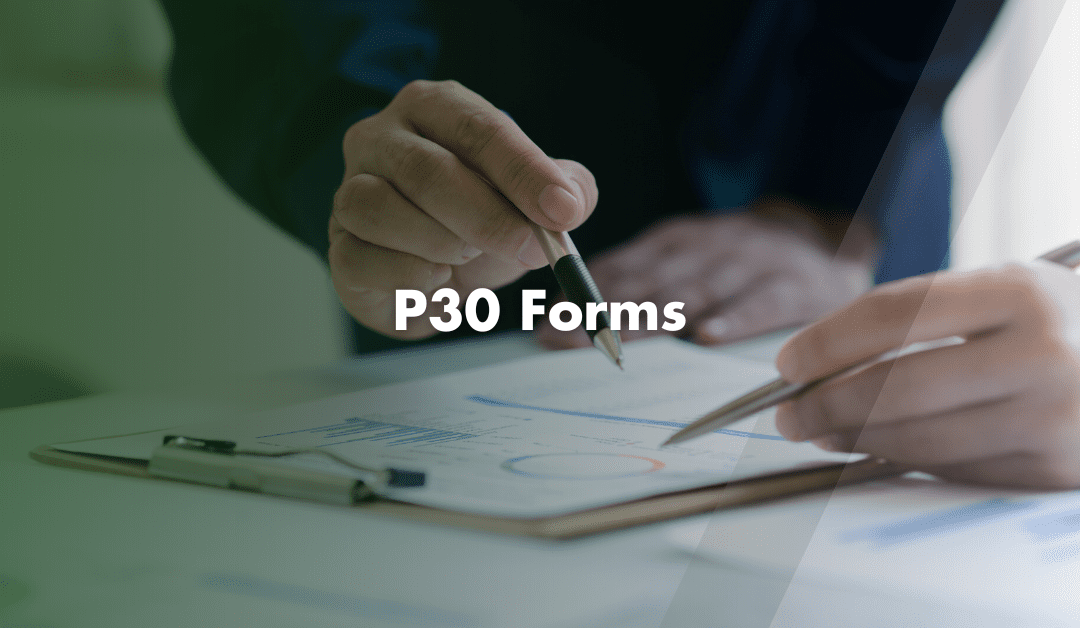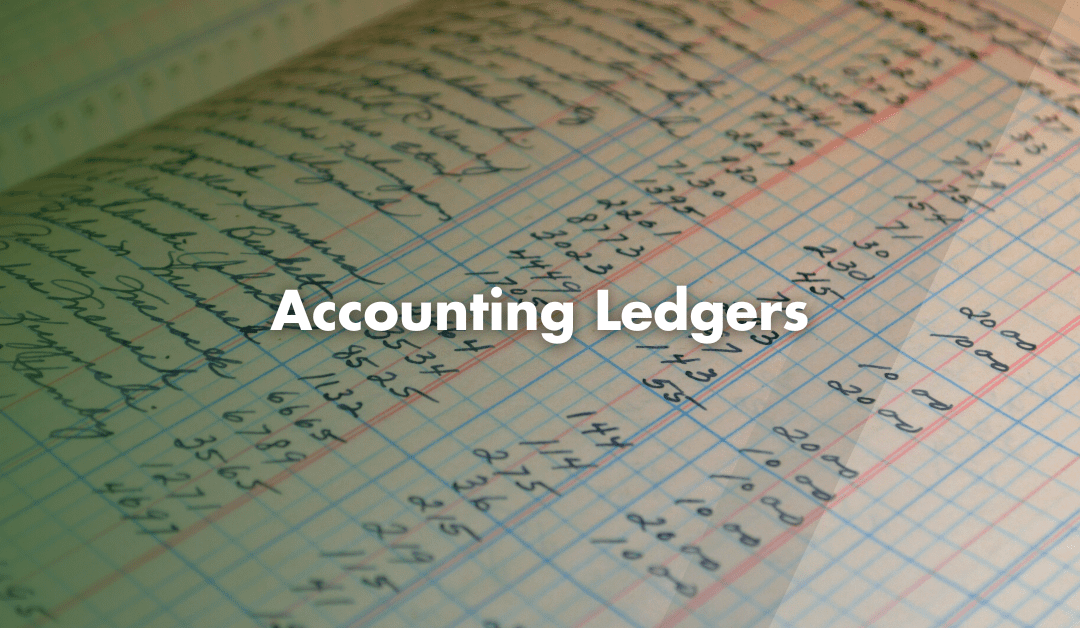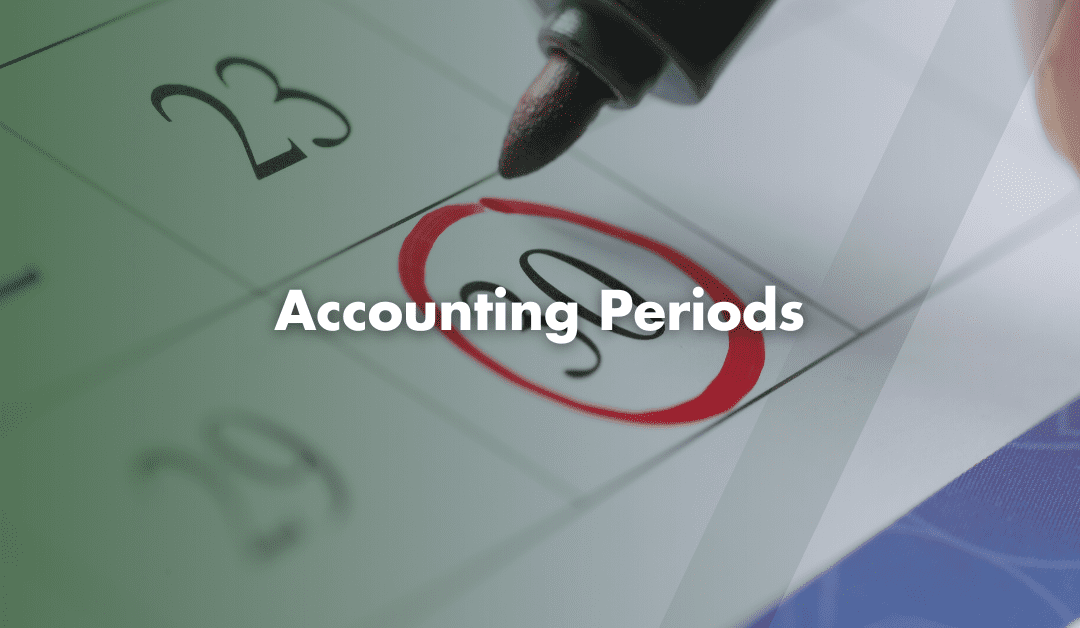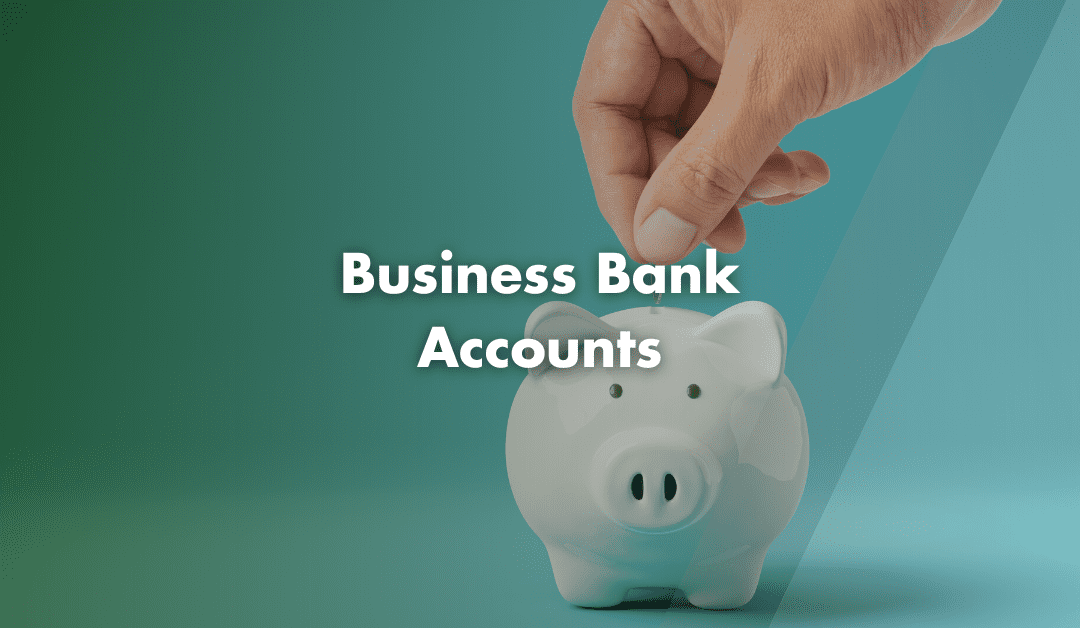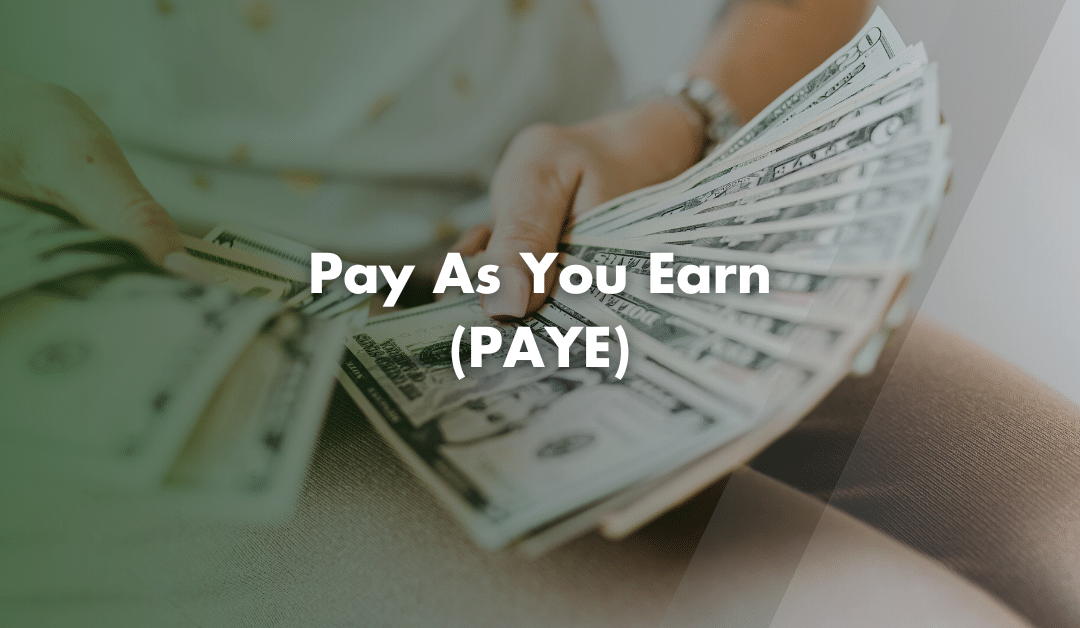
by Pi Accountancy | Oct 10, 2024 | Frequently Asked Questions
What is Solvency? Solvency refers to a business’ ability to meet its long-term financial obligations. Simply, it measures whether a business has enough assets to cover its debts. A solvent business is one that can pay off its liabilities over the long term,...

by Pi Accountancy | Oct 9, 2024 | Frequently Asked Questions
What is Liquidity? Liquidity measures how easily an asset converts into cash without losing value. Consider cash the most liquid asset because you can use it immediately for purchases or paying bills. On the other hand, assets like property or collectibles may take...

by Pi Accountancy | Oct 8, 2024 | Frequently Asked Questions
What are Fixed Assets? Businesses purchase fixed assets as long-term assets for continuous use. Businesses do not intend to resell or convert them into cash quickly. Instead, they support the business over several years. Examples of fixed assets include: Buildings:...

by Pi Accountancy | Oct 3, 2024 | Frequently Asked Questions
What is a Liability? A liability is a debt or obligation a company must settle. This can be in the form of money, goods, or services. You should record liabilities on the right side of the balance sheet; which includes loans, accounts payable, mortgages, deferred...

by Pi Accountancy | Oct 1, 2024 | Frequently Asked Questions
What are Current Assets? Current Assets (CA) are short-term resources that a business owns and expects to convert to cash or use up within one year. Current assets appear first on a company’s balance sheet under the Assets section and support the daily...

by Pi Accountancy | Sep 26, 2024 | Frequently Asked Questions
What is Cash Accounting? Cash accounting, also called cash-basis, is a method of recording income and expenses based on when money actually enters or leaves your business account. This means you record a payment only when you receive it, and an expense only when you...

by Pi Accountancy | Sep 25, 2024 | Frequently Asked Questions
What is Accrual Accounting? Accrual accounting is a method of recording financial transactions when they happen, rather than when money changes hands. This approach helps businesses gain a more accurate picture of their financial health by tracking income and expenses...

by Pi Accountancy | Sep 19, 2024 | Frequently Asked Questions
Income Tax is a tax you pay on the money you earn. The government collects it through HMRC. However, not all income is taxable and the amount you pay depends on how much you earn. What Counts as Taxable Income? HMRC taxes various types of income, including: Employment...

by Pi Accountancy | Sep 18, 2024 | Frequently Asked Questions
Inheritance Tax is a tax on the estate of someone who has passed away. An estate includes property, money and possessions. The tax applies to the potion of an estate that exceeds the tax-free threshold, which currently stands at £325,000. If the total estate value is...

by Pi Accountancy | Sep 17, 2024 | Advisory and Resources, Business, Frequently Asked Questions, Taxes
Capital Gains Tax (CGT) applies when you make a profit after you sell or dispose of an asset. However, CGT only applies to the gain, not the total amount you receive. For example: You buy a painting for £5,000. Later you sell it for £25,000. You have made a £20,000...

by Pi Accountancy | Sep 5, 2024 | Frequently Asked Questions
What are HMRC Penalties? HMRC imposes penalties on taxpayers who fail to comply with their tax obligations. Consequently, these penalties serve as a deterrent to non-compliance and encourage everyone to adhere to tax laws. If you don’t file your tax return on...

by Pi Accountancy | Sep 4, 2024 | Frequently Asked Questions, HMRC, Taxes
Tax Investigation Insurance is a specific type of cover that protects you from the professional fees you will incur if HMRC investigates your tax affairs. These tax investigations can come from irregularities in your tax returns or entirely at random. The insurance...

by Pi Accountancy | Sep 3, 2024 | Frequently Asked Questions, HMRC, Taxes
An HMRC Tax Investigation, also known as a compliance check, is an official review of an individual’s or business’s tax records. HMRC wants to confirm that they are calculating and paying their taxes correctly. These investigations therefore allow HMRC to...

by Pi Accountancy | Aug 28, 2024 | Frequently Asked Questions
What is a Cash Flow Statement? A Cash Flow Statement outlines the inflows and outflows of cash and cash equivalents in your business. It provides insights into your company’s liquidity by covering debts and operating expenses without additional financing. Unlike...

by Pi Accountancy | Aug 28, 2024 | Frequently Asked Questions
What is an Income Statement? An Income Statement, also known as a Profit and Loss Statement (P&L), summarises a company’s income and expenses over a specific period. It provides a snapshot of a business’s financial performance and is essential for...

by Pi Accountancy | Aug 27, 2024 | Frequently Asked Questions
What is a Balance Sheet? The Balance Sheet provides a snapshot of a company’s assets, liabilities and equity at a given point in time. This enables stakeholders to assess the financial health and operational results of the business. Moreover, a Balance Sheet is...

by Pi Accountancy | Aug 22, 2024 | Frequently Asked Questions
What is a P45? A P45 document records details about your income and the tax you’ve paid while working for a particular employer. The form ensures that your tax records are accurate and up-to-date, both for you and for HMRC. You will receive a P45 when you leave...

by Pi Accountancy | Aug 21, 2024 | Frequently Asked Questions
What is a P60? Your employer issues a P60 at the end of each tax year, summarising your income and tax deductions from April 6th to April 5th of the following year. This form provides a clear record of what you earned and the taxes you paid over the year. What...

by Pi Accountancy | Aug 20, 2024 | Frequently Asked Questions
What is a P30? Employers use a P30 form to report their National Insurance Contributions (NICs) to HMRC. In the UK, employers are responsible for deducting NICs from their employees’ wages or salaries. These deductions help fund essential social services like...

by Pi Accountancy | Aug 15, 2024 | Frequently Asked Questions
What is an Accounting Journal? An accounting journal is a record where businesses document their financial transactions in chronological order. This process is the first step in the accounting cycle and is crucial for accurate financial reporting. Accountants and...

by Pi Accountancy | Aug 14, 2024 | Frequently Asked Questions
What is an Accounting Ledger? An accounting ledger records all financial transactions organised by account. This ledger records every financial move made by the business, providing a comprehensive view of its financial health. Think of it as the backbone of a...

by Pi Accountancy | Aug 13, 2024 | Frequently Asked Questions
What is an Accounting Period? An accounting period is a specific timeframe for which a business prepares its financial statements and reports. The purpose of an accounting period is to provide a consistent basis for measuring and reporting financial performance. This...

by Pi Accountancy | Aug 6, 2024 | Frequently Asked Questions
What is a Business Bank Account? A business bank account specifically manages the finances of a business. Unlike personal bank accounts, business bank accounts offer features tailored to business needs, helping you to manage income, expenses, and financial...

by Pi Accountancy | Jul 31, 2024 | Frequently Asked Questions
PAYE, or Pay As You Earn, is the system HMRC uses to collect Income Tax and National Insurance Contributions from employees. Employers deduct these taxes from wages before they reach employees, ensuring they pay taxes throughout the year rather than in 1 lump sum. Fun...


